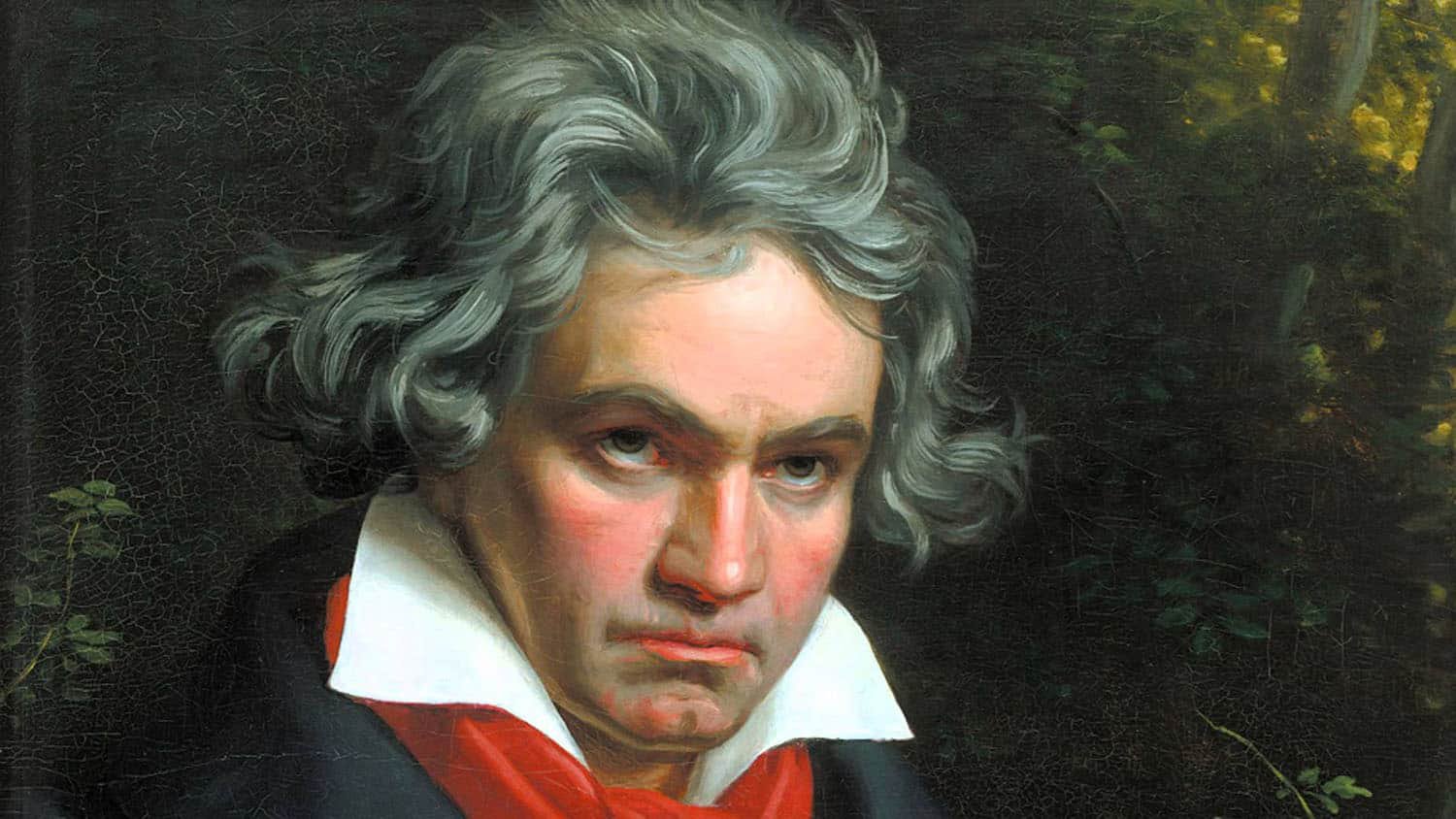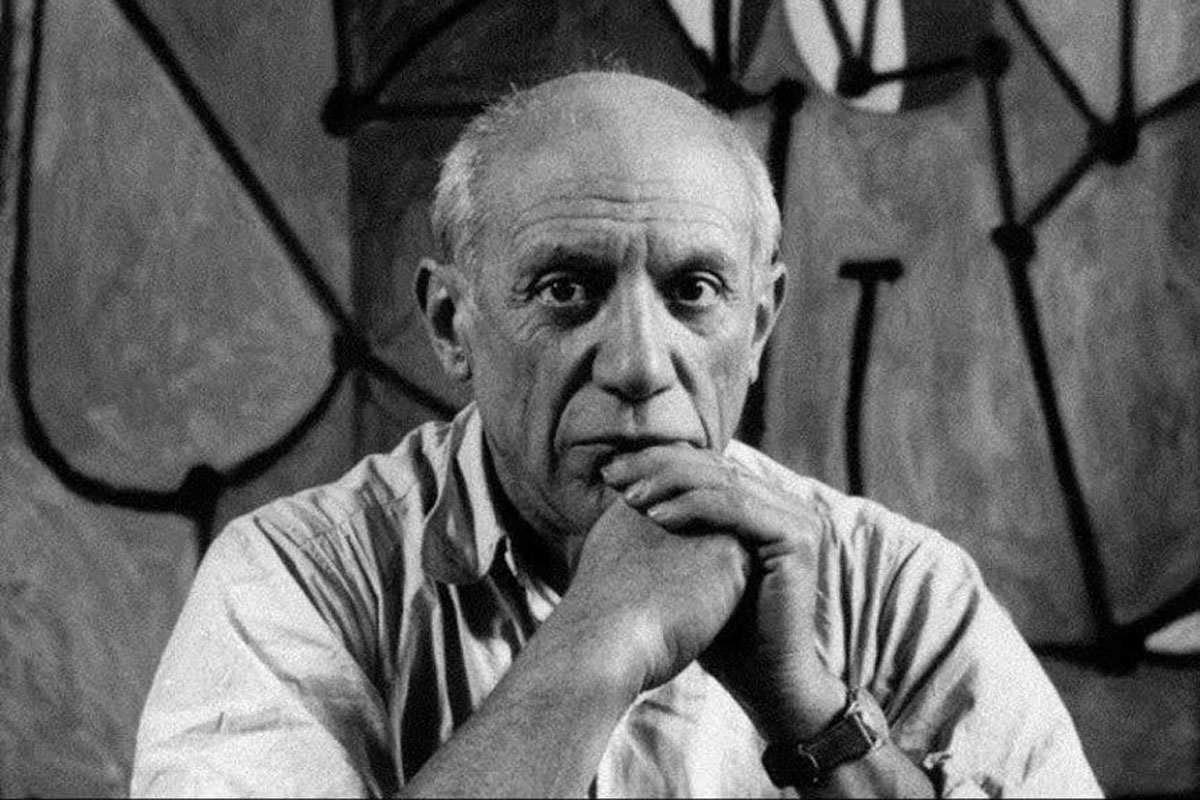LESSONS FROM LEADERS
Our Lessons from Leaders archive features leading men from throughout history along with some of their distinct best practices and characteristics. Though all had flaws and many lacked faith, there are great lessons to be learned from them as you develop your own leadership potential. Read on…
John Glenn was an American Marine aviator, test pilot, businessman, politician, and one of the seven Mercury astronauts. He was the first person to orbit the earth, circling three times in 1962.
Frank Albert Sinatra was an American singer and actor. He was one of the most popular entertainers of the Twentieth Century, with a career lasting over 60 years. He sold more than 150 million records globally.
Orville and Wilbur Wright were two American aviation inventors who are credited with the world first successful airplane. They made their first controlled flight in December 1903 in Kitty Hawk, North Carolina.
George Herman “Babe” Ruth (1895 – 1948) was a professional baseball player whose career spanned 22 seasons. He’s one of the greatest heroes in American culture and considered the greatest baseball player of all time.
Edward McKendree Bounds (1835 – 1913) was an attorney, author and Methodist minister. He is most known for authoring nine books on the subject of prayer. Bounds is widely considered one of the foremost authorities on prayer.
Thomas Paine (1737-1809) was an English-born Founding Father of the United States. An inventor and philosopher, he authored Common Sense, a pamphlet that was influential at the start of the American Revolution.
Ronald Martin Popeil (1935-2021) was an American inventor and marketing personality. His TV infomercials became an overnight staple, and earned him more than $2 billion in sales during his 40-year run. His coined the marketing catchphrase “But wait… there’s more!”
James Watt (1736-1819) was a Scottish inventor and mechanical engineer. He is credited with the first practical steam engine, the Watt Engine of 1776, which helped bring about the Industrial Revolution.
Aristotle (384-322 BC) was an ancient Greek philosopher. His writings cover a broad range of subjects spanning the natural sciences, philosophy, linguistics, economics, politics, psychology, and the arts.
He was between eight and nine years old when he ascended to rule a kingdom. Reigning from 1332 to 1323 BC, King Tut became leader of ancient Egypt. A Pharaoh was a statesman, religious leader, military commander, administrator and steward of the land.
William Whiting Borden (1887-1913) was an American philanthropist, millionaire and Christian missionary. Borden surrendered his life to Christ as a child as a result of the witness of his mother. Borden wrote three phrases in his Bible that defined his life: “No reserves. No retreats. No regrets.”
Dietrick Bonhoeffer (1906-1945) was a German pastor, theologian and anti-Nazi dissident. He was opposed to Hitler’s genocide of the Jews, and ran “underground seminaries” during the war. In 1943 he was imprisoned by the Gestapo. Bonhoeffer was executed in the spring of 1945.
Charlemagne (747-814) united the majority of Western and Central Europe during the Middle Ages. People call him the “Father of Europe,” and the Pope made him the first Holy Roman Emperor.
Charles Haddon Spurgeon (1834 – 1892) was an English pastor of the New Park Street Chapel (later renamed Metropolitan Tabernacle) in London for 38 years. He became known as the “Prince of Preachers” for his spellbinding sermons, which sometimes ran two hours or more.
James Earl “Jimmy” Carter, Jr. (1924 - 2024) was an American politician and humanitarian who served as the 39th President of the United States. Though many believe his presidency a failure, his post-Oval Office years were nothing short of phenomenal.
Saint Nicholas of Myra (270-373) was an early Christian bishop from the city of Myra in Asia Minor during the time of the Roman Empire. That he loved children and was tremendously generous is widely accepted, and gave rise to the modern day tales of Santa Claus.
Nicholas Lou Saban, Jr. is an American football coach, most known for his 17 years as Head Coach at the University of Alabama. He is widely considered one of the greatest college coaches of all time.
Ludwig van Beethoven (1770 – 1827) was a German composer and pianist. He is among the most admired classical composers in history, and the melodies of his great symphonies and sonatas are recognized around the world.
Elvis Aaron Presley (1935 – 1977) was known as the “King of Rock and Roll”. He began his music career in 1954, and over the next 30 years would sell 300 million albums, make 33 movies, and become one of the most well-known and celebrated artists in history.
Sir Timothy John Berners-Lee (1955-) is an English computer scientist, professorial research fellow at the University of Oxford and a professor emeritus at the Massachusetts Institute of Technology (MIT). He is widely credited as the inventor of the World Wide Web.
Howard D. Schultz is an American businessman and author. He served as Chairman and CEO of Starbucks from 1986 to 2000, and again from 2008 to 2017, and in 2022-2023. He was named one of the World’s Richest People by Forbes with a net worth in 2020 of $4.3 billion.
Socrates (470-399 BC) was a Greek philosopher credited with founding Western philosophy and the first among moral philosophers and the ethical tradition of thought. Socrates did not author any texts, and what is known of him is through accounts of other classical writers.
Pablo Ruiz Picasso (1881 –1973) was a Spanish painter, sculptor, printmaker, ceramicist and theatre designer. Picasso demonstrated extraordinary artistic talent throughout his life and is considered the father of modern art.
Neil Armstrong (1930 –2012) was an American astronaut and aeronautical engineer who became the first person to walk on the moon in 1969. He was also a naval aviator, test pilot, and university professor.
Michelangelo di Lodovico Buonarroti Simoni (1475-1554) was an Italian sculptor, painter, architect, and poet of the High Renaissance. He is known for his striking masterpieces, including the ceiling of the Sistine Chapel and the statue of David.
Historians consider Ramesses II (1303-1213 BC) the greatest and most powerful Pharaoh of Ancient Egypt’s New Kingdom period. He lived to be at least 90 and ruled for more than 65 years. During his reign, the Egyptian army is estimated to have totaled some 100,000 men.
Nicola Tesla (1856 – 1943) was an eccentric inventor. Tesla is the inventor of alternating current electricity, radar, x-ray photography, wireless communication, and solar power. His AC power is still the world standard for electricity to this day.
Sir Richard Branson is a British entrepreneur and business magnate. He is the founder of Virgin Group, which is a cadre of more than 400 companies including an airline, cruise line, retail empire and space tourism concern.
John F. Kennedy (1917 – 1963) was an American politician who served as the 35th President of the United States until his assassination at the end of his third year in office. He was the youngest person to be elected President and served during the height of the Cold War.
ALL LEADER PROFILES
Jefferson, Thomas
Jobs, Steve
Kennedy, John
Lincoln, Abraham
Mandela, Nelson
Michaelangelo
Morgan, Garrett
Mulally, Alan
Musk, Elon
Paine, Thomas
Pasteur, Louis
Picasso, Pablo
Popeil, Ron
Presley, Elvis
Ramesses II
Rickover, Hyman
Rogers, Fred
Roosevelt, Teddy
Ruth, George “Babe”
Saban, Nick
Saint Nicholas
Saint Patrick
Schultz, Howard
Sinatra, Frank
Socrates
Spurgeon, Charles
Sullenberger, “Sully”
Tesla, Nicola
Washington, George
Watt, James
Welch, Jack
Wright Brothers
Armstrong, Neil
Aristotle
Beethoven, Ludwig van
Bell, Alexander
Berners-Lee, Tim
Bezos, Jeff
Bohr, Niels
Bonhoeffer, Dietrick
Brady, Tom
Branson, Richard
Buffett, Warren
Caesar, Julius
Carter, Jimmy
Cathy, Truett
Charlamagne
Churchill, Winston
Columbus, Christopher
Da Vinci, Leonardo
De Gaulle, Charles
Disney, Walt
Edison, Thomas
Einstein, Albert
Eisenhower, Dwight
Ford, Henry
Franklin, Benjamin
Gates, Bill
Ghandi, Mahatma
Glenn, John
Graham, Billy
Hammurabi
Iger, Bob
Kelleher, Herb
King, Martin Luther































Michael Jordan is a former professional basketball player and businessman. He played 15 seasons in the NBA and won six NBA championships with the Chicago Bulls.